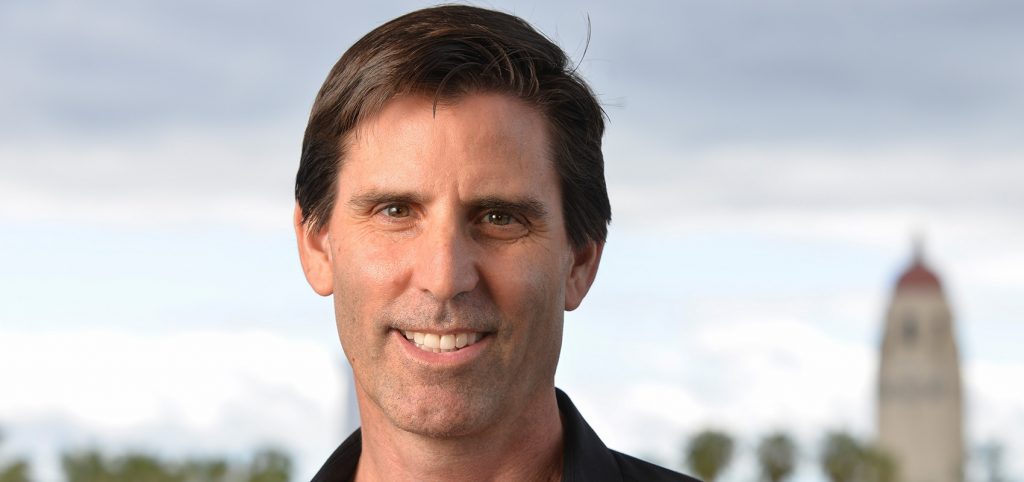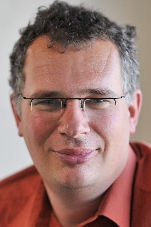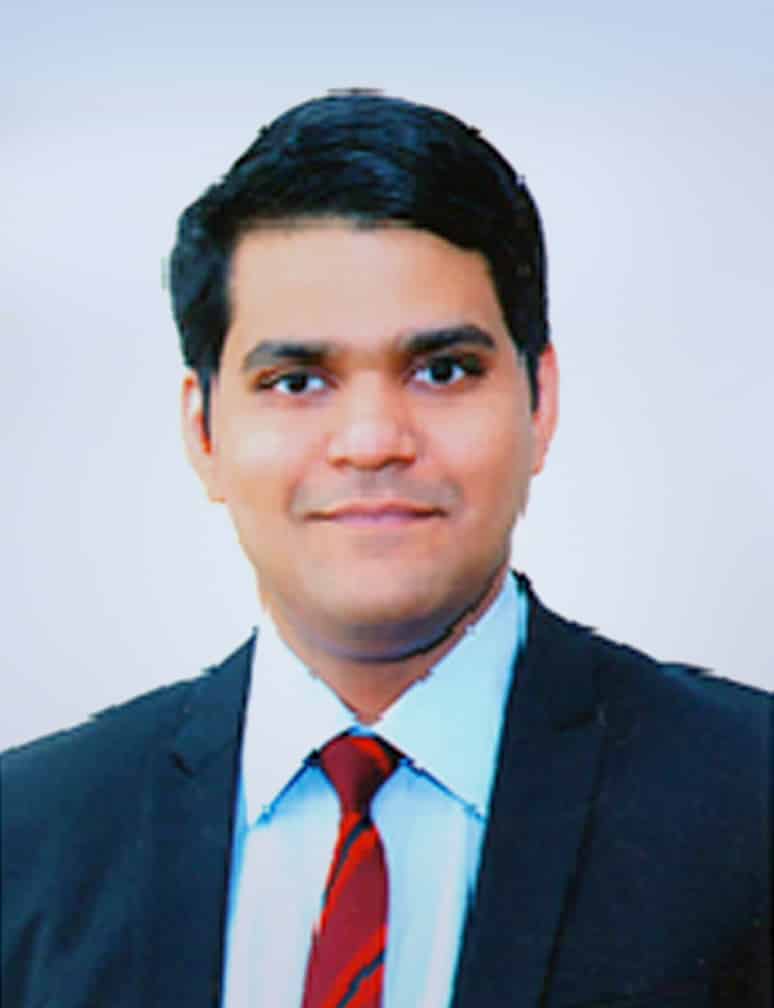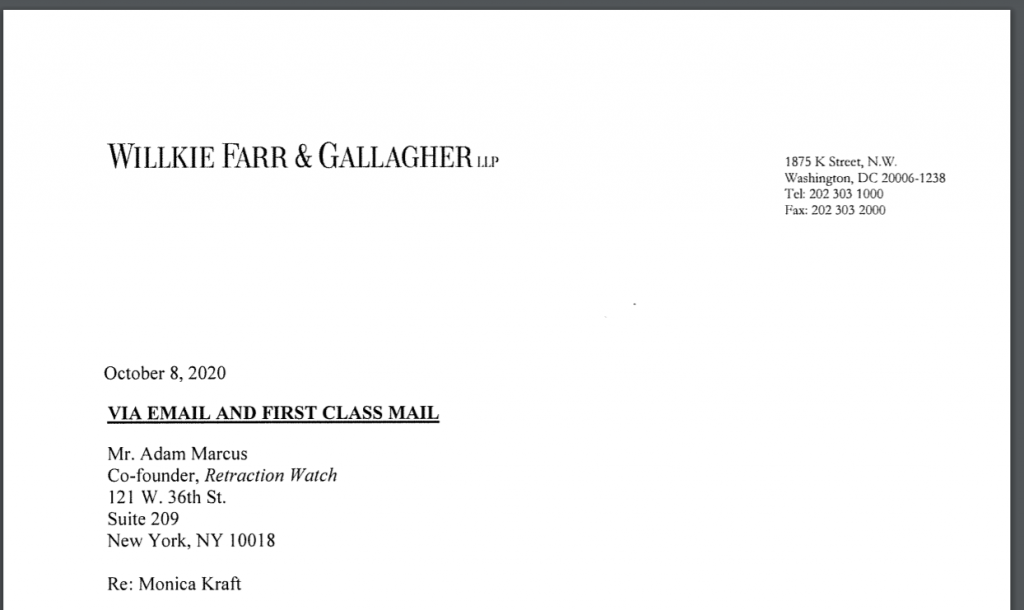A Stanford University professor who tried to sue a critic and the journal that published an unfavorable view of his work is opposing a judge’s order that he pay $75,000 in legal fees generated in the case.
In 2017, Mark Jacobson, an engineer who studies energy at the California institution, sued Christopher Clack and the Proceedings of the National Academy of Sciences (PNAS) after the journal published an article which cast doubt on some of the conclusions in a 2015 paper Jacobson had written in PNAS. The amount of the defamation claim? $10 million from each of the two parties, plus punitive damages and “any and all relief.”
Jacobson withdrew his lawsuit, which also demanded a retraction, in 2018, at which point Clack and the journal fired back. They filed their own suit grounded in the anti-SLAPP — short for “Strategic Lawsuit Against Public Participation” — statute, in which they asked for Jacobson to pay their legal fees.
Continue reading Stanford prof fights efforts to make him pay at least $75,000 in legal fees after dropping defamation suit








